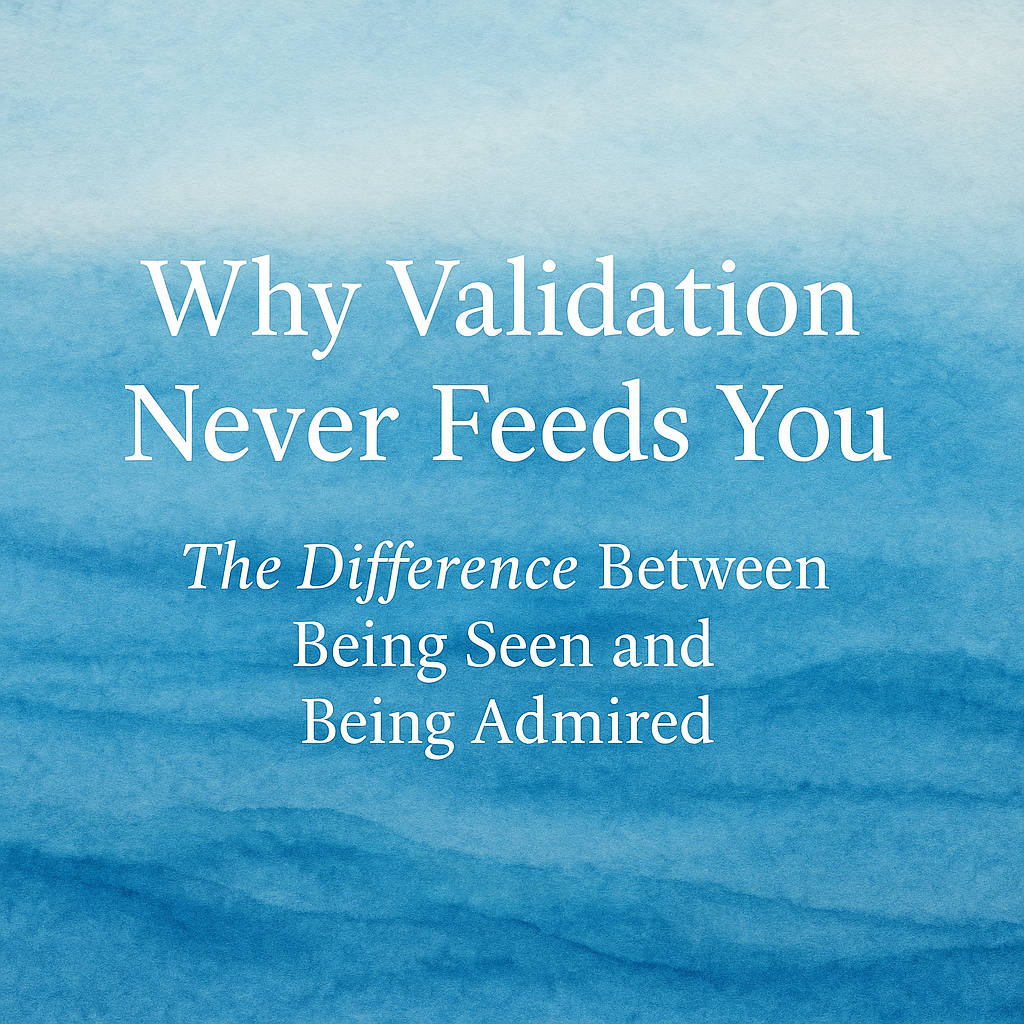Why It’s Worth Going Out of Network for Great Therapy (And How PPO Reimbursement Makes It Easier Than You Think)
by Dr. Mitch Keil & Associates – www.drmitchkeil.com
When you’re looking for a therapist, your first instinct might be to pull up your insurance company’s directory and scroll through a list of in-network providers. It seems straightforward, efficient, and financially responsible. But here’s the truth many people don’t discover until much later in their healing journey: some of the best therapy available exists outside of insurance panels.
At our practice, we work with clients who use PPO insurance plans with out-of-network benefits, and we provide monthly superbills that make it easy to get reimbursed. This model allows us to stay focused on what truly matters—offering deep, high-quality psychotherapy that changes lives.
Here’s why going out of network might be one of the best investments you ever make in your mental health:
- Not All Therapy Is Created Equal
Just like in any profession, there’s a wide range in quality when it comes to therapists. Many of the most experienced, well-trained, and specialized clinicians choose to operate outside of insurance networks—to preserve the integrity of the work.
Insurance companies often place arbitrary limits on the length or number of sessions, require pathologizing diagnoses, or restrict what kinds of therapy are “allowed.” These constraints interfere with the deep, tailored work that true healing requires.
Therapists who work independently of these limitations are free to do what’s best for you, not what’s best for the bottom line of a large corporation. This leaves you the chance of getting it right and finding the best fit for you the first go around. You don’t want to squander the potential when someone is finally ready for therapy.
- Capitalism and the Therapist Marketplace: What No One Says Out Loud
Here’s something many people intuitively sense but rarely say: all therapists want to work outside of insurance panels. But only those who consistently deliver meaningful, effective therapy are able to do so long term.
This is capitalism at work in a healthcare setting—patients are willing to pay a little more, or go through the extra step of getting reimbursed, to keep seeing a therapist who genuinely helps them. These therapists typically have waitlists and strong reputations not because they’ve “opted out” of the system, but because their clients stick with them and tell others.
On the other hand, when therapists struggle to retain clients—when people don’t feel helped—they often have to join insurance panels just to maintain a full caseload. These therapists become reliant on constant new referrals provided by the insurance company to survive financially, and accept being paid less while having insurance companies dictate how they work. They also have to end up seeing more people to make ends meet, further challenging the quality of care.
This isn’t a moral judgment. It’s a systemic reality. And it’s something worth considering when choosing who to trust with your mental health.
- Therapy Is Too Important to Get Wrong the First Time
Many people who try therapy through insurance networks have the same frustrating story: it took multiple tries to find someone who really got them. Someone who had more than a surface-level approach. Someone who was truly present, skilled, and invested.
Bad therapy—or even mediocre therapy—doesn’t just waste time. It can deepen hopelessness and reinforce the idea that “nothing works.” That’s why it matters to get good therapy the first time.
At Keil Psych Group, our team is composed of licensed clinical psychologists and seasoned professionals trained in psychodynamic, trauma-informed, and relational therapy. We go beyond symptom management to help you make lasting emotional change.
- You Can Still Use Your Insurance—Just Differently
If you have a PPO plan, you likely have out-of-network benefits, which means your insurance may reimburse you for a significant portion of therapy costs. We provide monthly superbills—essentially itemized receipts—that you can submit to your insurance for partial reimbursement.
This allows you to work with a top-tier therapist while still receiving some financial support from your plan. You get the best of both worlds: the freedom to choose the therapist who fits you, and help from your insurance to cover the cost.
- It’s an Investment, Not a Luxury
Mental health is foundational. It affects your relationships, your work, your sense of meaning, and your capacity to navigate life. Investing in high-quality therapy now can prevent years of struggling later. The goal isn’t just to “cope”—it’s to transform.
When you’re paired with a therapist who really knows what they’re doing, the work goes deeper, moves faster, and sticks longer. It’s not about weekly conversations—it’s about building a stronger, freer version of yourself.
- You Deserve the Best Fit
At Keil Psych Group, we believe good therapy starts with a good match. That’s why we take time to understand your unique situation and pair you with a clinician whose style, expertise, and personality align with your goals. No generic pairings. No insurance bureaucracy. Just human connection, clinical excellence, and real progress.
Final Thoughts
Choosing to go out of network for therapy is a decision rooted in self-respect. It’s choosing not just to “get by,” but to truly get better. If you’re ready to do this work with thoughtful, highly trained professionals who care deeply about your growth, we’d love to meet you.





